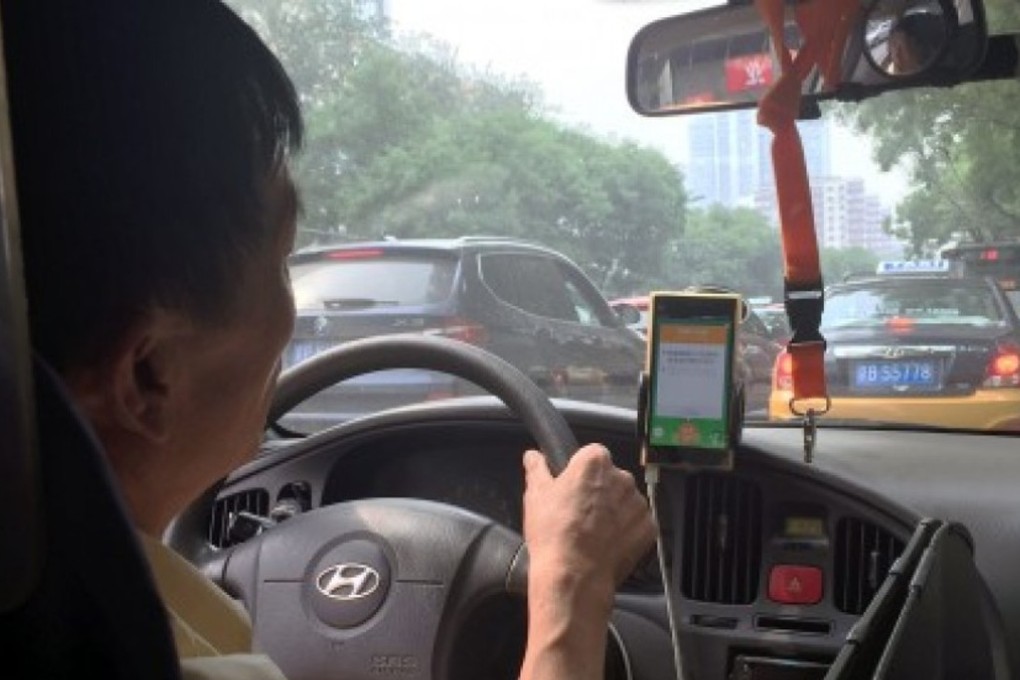Didi Kuaidi, other car-hailing apps ‘adding to Beijing’s traffic problems’ says transport chief
Beijing’s transport commission director targets new technology-based methods, says they offer commuters choice but add to the city’s notorious traffic congestion

Burgeoning car-hailing apps are compounding Beijing’s traffic woes, according to the capital’s transport chief.
Beijing transport commission director Zhou Zhengyu told a municipal people’s congress panel yesterday that falling oil prices and car-hailing apps had reversed an easing in traffic congestion over the past few years, Beijing Daily reported.
Zhou said the city’s 10-point traffic index dropped from 6.1 in 2010 to 5.5 in 2013 and 2014, only to rise again to 5.7 last year, the report said.
The higher the number the greater the traffic, and a score of between four and six means motorists have to spend 50-80 per cent more time on the road to complete a journey.
READ MORE: China’s Didi Kuaidi to launch cross-city car-hailing service over Chinese New Year to aid world’s biggest human migration
Leading car-hailing app Didi Kuaidi said it could not respond to the comments but its research indicated that “in 2015 Didi Express Pool and Hitch reduced China’s total daily car trips by 1.14 million on average”.